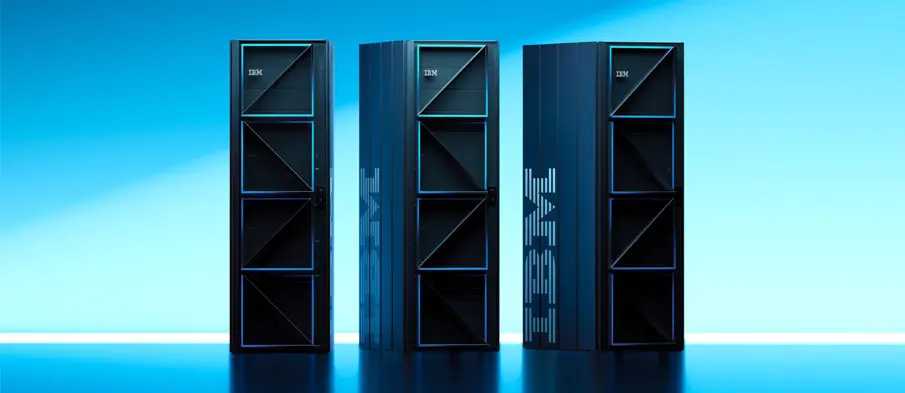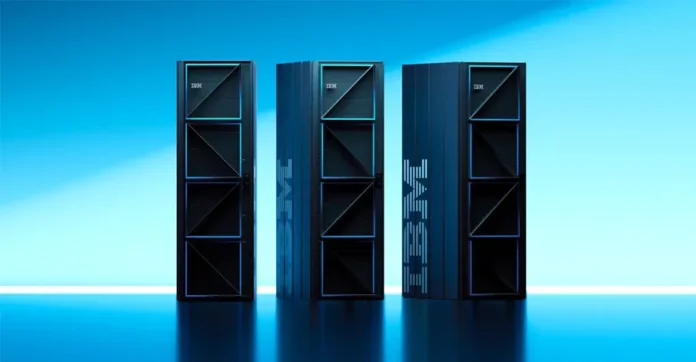
IBM has officially announced its next-generation server platform, featuring the Power11 system, which promises higher power efficiency, advanced AI capabilities, and minimal downtime. This marks the first major update to IBM’s Power chip series since the release of Power10 in 2020, which was produced in partnership with Samsung. The new system integrates updated chips and software into a unified package aimed at improving performance, reliability, and security.
Set to launch on July 25, Power11 is designed to simplify AI integration for enterprises. Despite similarities in architecture with NVIDIA’s systems, IBM positions Power11 not as a competitor to NVIDIA, but as a tool to make AI adoption easier and more productive for business applications.
According to Tom McPherson, IBM’s General Manager of Power Systems, “…with Power11, clients can accelerate into the AI era with innovations tailored to their most pressing business needs. We are taking advantage of the full IBM stack to deliver hybrid cloud, AI, and automation capabilities while building on our decades-long reputation as a trustworthy hybrid infrastructure for essential workloads.”
One of the most notable features of Power11 is its extreme system reliability. IBM claims the servers will operate with no planned downtime for software updates and achieve less than 30 seconds of unplanned downtime per year—an uptime rate of 99.9999%. This is made possible through autonomous patching and automated workload migration, which allow updates and maintenance without interrupting operations.
Security is another major focus. The Power11 servers will include the IBM Power Cyber Vault, designed to detect and respond to ransomware threats in under one minute. The system aligns with the NIST cybersecurity framework and also incorporates quantum-safe cryptography to protect against firmware-level attacks.
Looking ahead, IBM plans to integrate Power11 with Spyre, the company’s most powerful AI chip to date, in the fourth quarter of 2025. Introduced last August, Spyre is designed to support large-scale AI inference and is expected to power future IBM Z systems.
IBM continues to compete with tech giants like Intel and AMD, especially in critical sectors such as finance, manufacturing, and healthcare, where performance, reliability, and AI capabilities are becoming increasingly vital.





